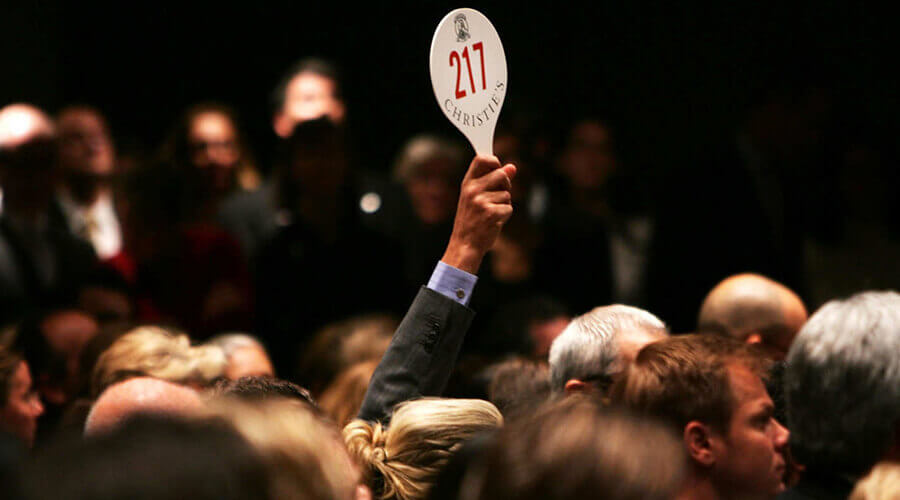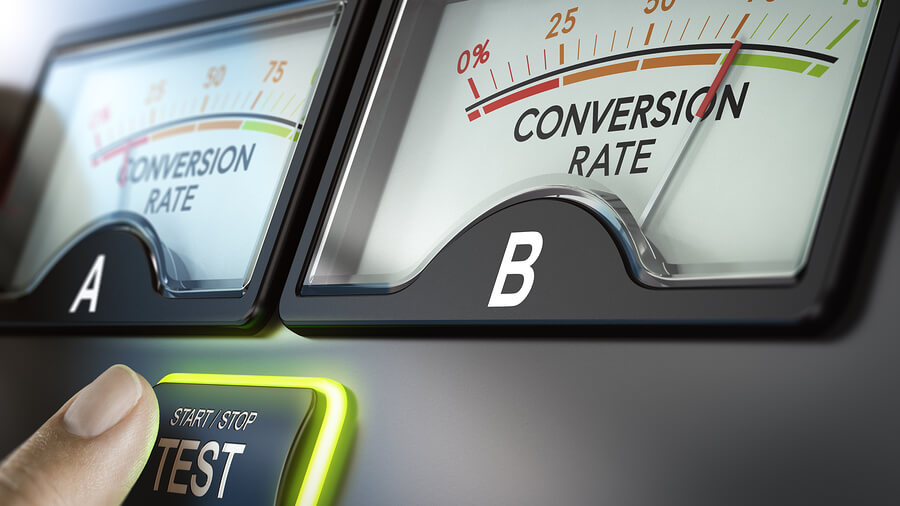
If you want to follow every single recommendations on how to do your job properly as a Hotel Manager, you might just get overwhelmed by the colossal amount of work ahead of you.
NB: This is an article from PrivateDeal SA
Nowadays, hoteliers are expected to be 100% digitalized, mobile-oriented, able to propose a differentiated and consistent offer, and get the right product at the right price at the right moment to the right guest (just after being at the right place). What a program!
Most hotels are using different sales channels as well as their own booking engine. The common point between all these tools is that the hotelier sets the price in the hopes of reaching the right guests with the right price at the right moment. A bidding system allows you to do all three by reversing the pricing model. The basic mechanism is as follows: the hotel displays a public price while guests can make offers based on their budget and expectations (which can subsequently be accepted or not by the hotel).
Bidding is all about offering the right price at the right moment to the right guest.
Let’s take a look at a few systems currently available on the market. You will see that each of them is answering different needs.
Target 1: Boost your occupancy rate and early bookings
The original bidding model is the auction model, where a hotel sets a minimum price, which is the starting price for the auction. During the auction period (a few hours/ a few days), different auctioneers bid against each other and the best offer wins at the auction term.
An example of this solution is bidtotrip.com or loisirsencheres.com. This type of system is especially suitable for leisure hotels, nearby touristic destinations for advance bookings. On the counterparty, you must be ready to be very flexible in terms of pricing, and your guests must be patient and wait till the end of the auction. This waiting time is a real paint point at this day and age where immediacy is almost a given.
Target 2: Boost your Last-Minute sales
On the North American Market, Priceline (NYOP) rules the market, composed at +70% of branded chains, with their reverse-bidding model. In this model, you are not bidding against others but you are bidding among a range of hotels corresponding (more or less) to your specifications in a given geographical area. This model does not apply in Europe, where the market is composed of +70% independent hotels which makes it difficult to get a critical mass of hotels to affiliate.
Priceline’s policy allows bidders on NYOP to specify their exact arrival and departure dates before bidding, along with its price match guarantee, but they do not get access to the hotel’s name and a detailed list of amenities until the transaction is complete. Unlike Priceline, by clicking on the various offers of Hotwire, guests will get access to a list of amenities. In Asia, some similar systems exist, like travelspice.com
in India and a few others.
Apart from the high commissions charged, which refrains a lot of hotels to apply to these services, guest’s expectations have changed over years and the volume of bookings are decreasing year after year. Guests expect to choose their hotel and no longer accept to go anywhere for a lower budget, without guarantee on the final product they are buying.
Target 3: Lower your OTA commissions
You can choose new OTA generations applying semi-bidding semi-discount models.
On bidroom.com, travelers pay an annual fee to book directly at discounted prices and be able to replace their booking done on Booking.com, Expedia…by a booking at a lower price in direct. Hotels are not charged with any commission.
Registering your hotel on this platform means you are ready to give up part of your margin (min 5%) to Bidroom guests, and if a guest would like to replace an existing Booking.com or Expedia booking by a better one, he can send the booking to Bidroom and the Company negotiates a better price with you, with no commission, under 48h. This is the bidding side of the system.
Given the commissions OTAs are charging, it can be an option to sell a few rooms along the year, provided that the OTA invests a lot in marketing, which is a real challenge.
Boost your direct sales and cover Target 1+2+3:
The above-mentioned models are all OTA (Online Travel Agency) solutions. But as you may know already, one of the latest trend in the hospitality market is to go back to direct booking.
Therefore, if you would like to boost your direct bookings, a solution is to choose a direct bidding engine where guests bid their own price directly, without intermediary and without commissions, on your website. If the solution allows in addition to sell in Night & Day-use, it is even better, as the same room can be sold twice in 24h! This is the type of solution provided by privatedeal.com.
But the system provides more functionalities than a simple bidding engine. For one, PrivateDeal collects data of both accepted and rejected offers, which can be really helpful for hotels, in particular to adapt their floor price. Moreover, the solution includes an automated negotiation tool (it offers a different price when the client’s is below the target) which is very valuable in driving more conversions.
This solution gives hotels the opportunity to sell at the right guest a room at the right price and the right moment, without involving long studies about how to set a hypothetic ideal price. It calculates in real time the price guests are ready to pay to stay at your hotel which, in the end, is one of the most valuable information you can have to refine your yield management.




